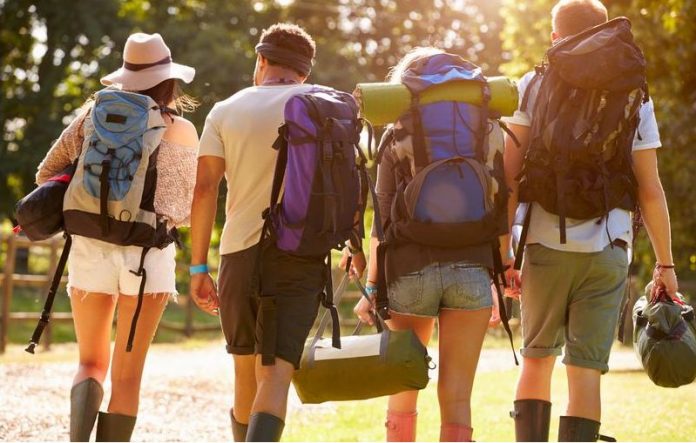Going camping? Likely you’ll need some sort of backpack to carry your gear whether it’s for a daytime hike or a long journey. Choosing the right backpack is essential for comfort and practicality.
Choose the wrong pack and you may find yourself unable to keep up with your hiking partners, excessively fatigued and sore, or otherwise distracted from the enjoyment of your outing.
What are the keys to choosing the right backpack?
SIZE:
The size of the backpack you choose will depend on the nature of your trip. Are you taking a day trip through a local park or going into the mountains for a few weeks? What equipment or comforts do you need to take with you?
If you select a bag that is too big for your needs you will tend to overpack which will tire you out faster. Choose a bag according to what you must carry. Assemble the gear you require to determine the size of the bag you need.
Manufacturers use different terms for size. What may be large in one brand could be a medium in another. You will have a better idea of size based on the liter capacity or cubic inches listed.
FIT:
Do you want an internal or external frame? Will you need a hip belt? What kind of padding is provided?
Internal framed backpacks fit snugly against the body. They are counterbalanced with hip belts and sternum straps. Look for good quality padding on the shoulders and hip belt to prevent chaffing and creating sore points.
The internal framed backpack should fit the torso of the user. Women and children will usually need short torso fits. Men should measure for fit since torso length is not always relative to height.
External frames hold the pack away from the body. They are cooler to wear in hot weather but are less stable and not a good choice for hiking in less than ideal conditions that require balance, climbing, skiing, or managing rough trails.
MATERIAL and SPECIAL FEATURES:
The material of your backpack will depend on the conditions you expect to travel in. Hardier fabrics will cost more and maybe heavier but are worth it if you will be traveling in inclement weather or for an extended trip that will cause wear and tear. Choosing lighter, cheaper fabrics are fine for day trips.
If you are taking climbing equipment, snowshoes, or other sporting equipment it is best to find a backpack with specific attachment features for your gear.
Trying to retrofit your gear can cause undue strain to your backpack and force you to slouch to one side in compensation for an off-balanced pack.
Take all aspects into consideration when choosing your backpack since your comfort will be your biggest c

